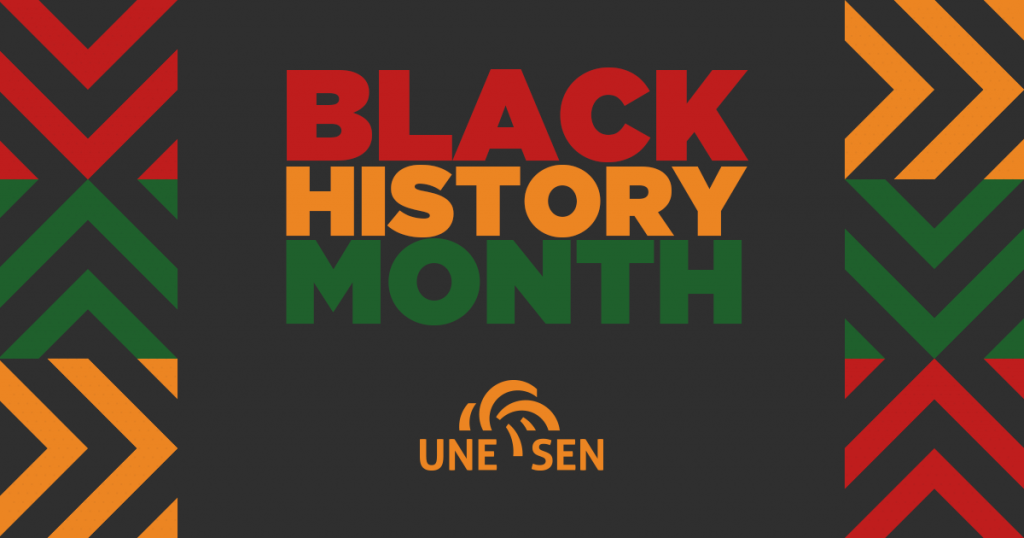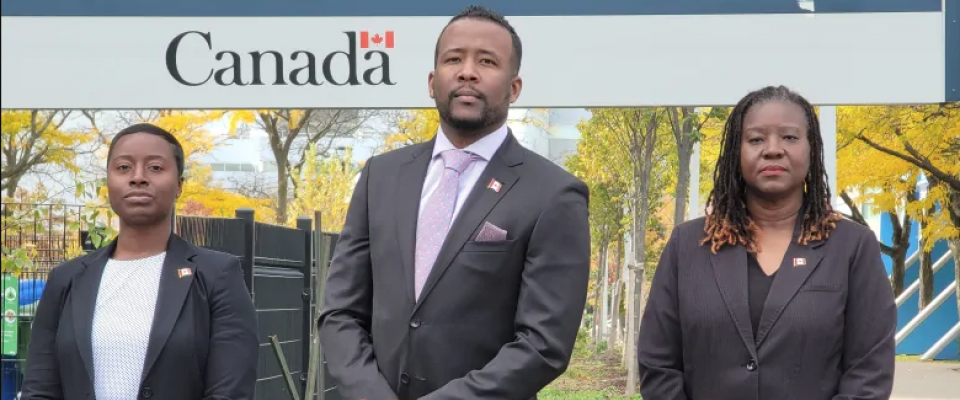
February 3, 2021
Recently, Treasury Board outlined their strategy to increase diversity and inclusion in the federal public service. One of their key commitments was to review the Public Service Employment Act to improve diversity in their hiring practices.
PSAC welcomes this review. An overhaul of the federal government’s staffing system is long overdue to address systemic barriers that impact our members from marginalized groups.
Staffing issues are one of the most important issues raised by employees, and we hear countless stories from our members who’ve experienced racism, sexism, ableism and discrimination during the hiring process. Many members also feel like they don’t have proper recourse to deal with discrimination because they fear retaliation if they file a grievance or a complaint.
But sweeping legislative changes to the Act can’t be made without meaningful consultation with PSAC and other bargaining agents as well as federal public service workers who have been negatively impacted by the hiring process. We must also strengthen the Employment Equity Act, which the government has promised to review as well.
New report charts path towards diversity and inclusion
A report on employment equity released by the Public Service Commission this week confirms that employment equity groups are not proportionately represented throughout the recruitment process. The report offered three recommendations:
- A call to action for departments to review their hiring practices, identify and remove barriers and improve the success of employment equity groups in the various stages of hiring.
- For the Public Service Commission to look at system-wide barriers across the public service to uncover and address the root causes of those barriers.
- To require mandatory training on unconscious bias in recruitment for all public service managers and strengthen supports for those managers.
We fully support these recommendations to address the unfair and opaque staffing practices in the federal public service that disproportionately impact our members from marginalized groups. But these recommendations alone are not enough. These barriers are not new, and under-represented groups have waited far too long for action to be taken to improve representation in the public service.
PSAC will continue to tackle systemic racism and discrimination in the federal public service. Canada’s public service is stronger and better-served when it is made up of workers with diverse backgrounds, perspectives, and lived experiences.








